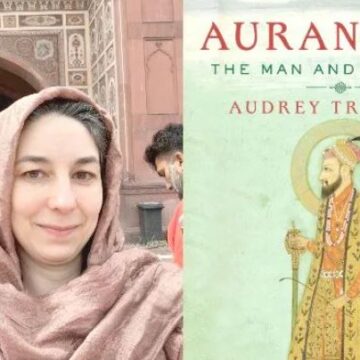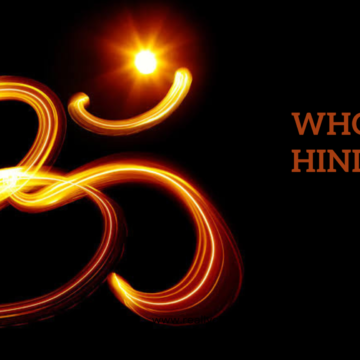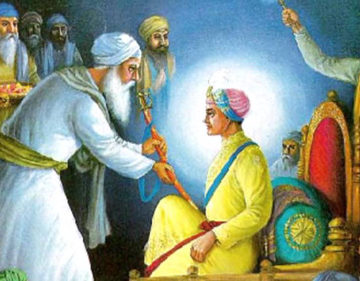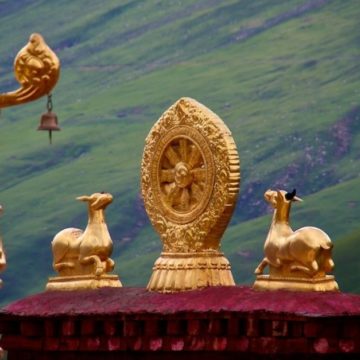In this paper, D Shrinivas uses the Maasir-i-Alamgiri of Saqi Mustad Khan to determine the dates on which the order for the destruction was given and the time it took for the destruction to actually be carried out. Based upon the above he hypothesizes about the resistance that Aurangzeb’s military likely faced from the local Hindu populace while carrying out the orders to destroy this Hindu temple.
Tag: abrahamic
On Audrey Truschke’s “Aurangzeb: The Life and Legacy of India’s Most Controversial King”
"Bridging the chasm between the historical Aurangzeb and this reimagined (and largely imaginary) Aurangzeb is a daunting task, but Truschke makes her case with the chirpy enthusiasm of an Aurangzeb fangirl writing a puff piece in People magazine on her idol.
The received historiography on Aurangzeb is riddled with outlandish hoaxes that have gone unchallenged for decades. Truschke’s book is a worthy addition to this genre since it refreshes our memories of these hoaxes while enthusiastically manufacturing new ones."
An incisive and witty review of Audrey Truschke's book on Aurangzeb, and her source material, by Keshav Pingali.
Hindu, Hinduism, Hindudtva – Part 2
In the second part, Dr. Pingali Gopal discusses the evolution of political Hindutva after independence, and sheds light on the failure to define the basic terms as we struggle with the alleged rise of ‘Hindu fundamentalism'.
Hindu, Hinduism, Hindutva – Part 1
Who exactly is a ‘Hindu’ and what are ‘Hinduism’ and ‘Hindutva’? Does it mean the land (geography), ancestral roots (history), or a shared culture?
Dr. Pingali Gopal tackles this proverbial bull by the horns, systematically looking at attempts to define and distinguish ‘Hinduism’ and ‘Hindutva’ by Western thought, the Indian liberal elite, and practising Hindus.
Meeri-Peeri In Sikh Panth
Meeri-Peeri is one of the most important principles of Sikhism; Devendra Sharma takes a deep dive into the history of Sikhism to the point of origin of Meeri-Peeri and investigates how far-reaching its effects are on the psyche and conduct of the Sikh Panth.
The farrago of false equivalence
Equating Hindu dharma with proselytizing religions has been the bane of Hindu society.
The Criminology of Religious Ideologies
In criminology, ‘Means, Motive and Opportunity’ are the three things that are sought while investigating any crime. It is useful to apply the same measures when studying the history of religions.
Da'wah, Discipline vs Dharma
The essence behind their teachings makes Abrahamic religions resort to violence leaving no room for contextuality or sensitivity.
Casus Belli – A comparison
A common misconception is the inherent motive behind Dharmic and Abrahamic religions increasing their influence beyond their domain.
by Raghu Bhaskaran
Psychology of Monotheism
The monotheistic God has chosen Man to exploit the very world he has supposedly created.









